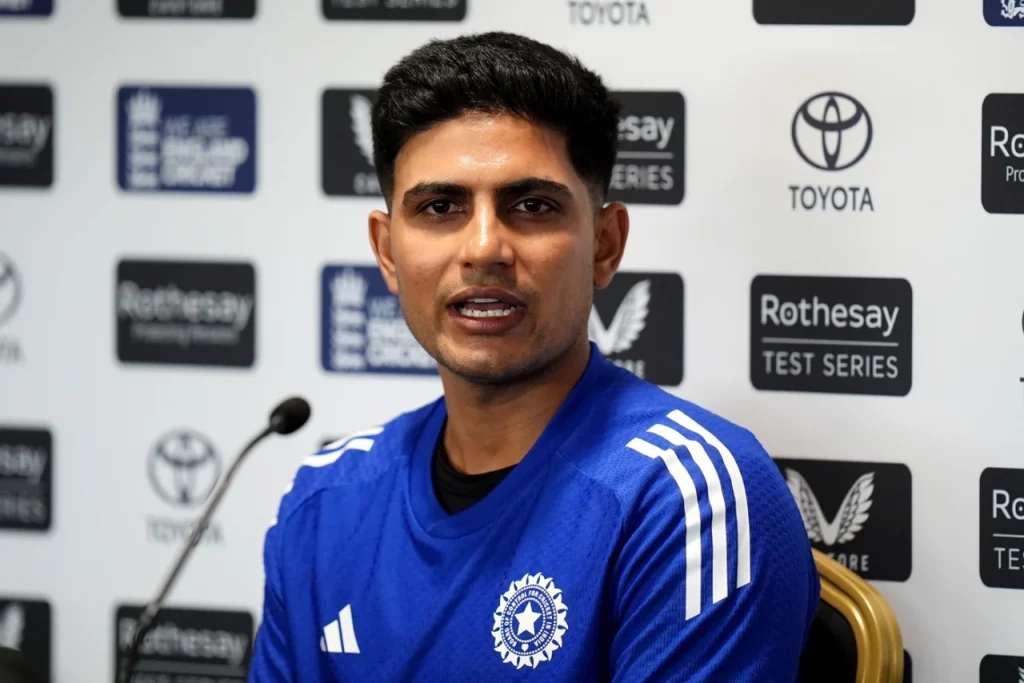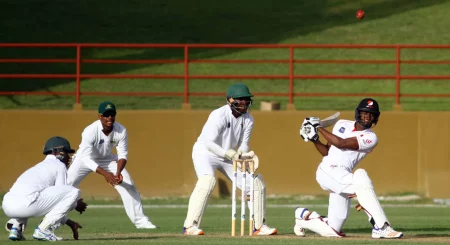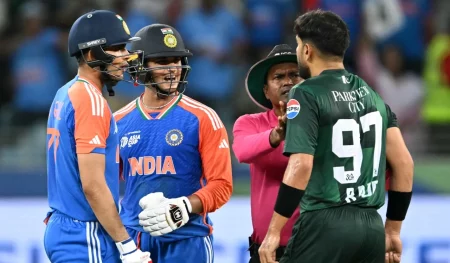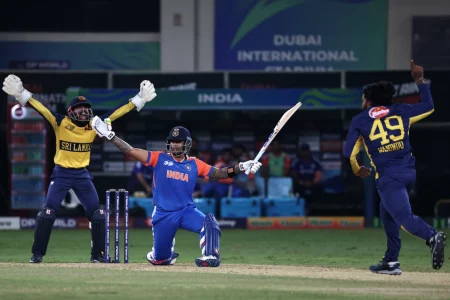In Leeds, India lost a match that definitely wasn’t there to do so. They had stayed ahead of England almost the entire game but still managed to lose the momentum. As much as it is true that you win and lose as a team, it is justified to sometimes tilt the onus towards one side. India were 430 for 3 in one innings and 340 for 4 in the other. On both occasions, what followed was a sudden free fall. The lower order fell without putting anything significant on the board.
But for Indian captain Shubman Gill, the rot did not start from the lower order, it started from him and other set batters not staying longer to make the side’s case stronger.
“When we were batting, I felt I could have, now looking back at it… the kind of shot I played, I felt I could have batted a little bit more, added another 50 runs with Rishabh [Pant],” Gill said of what he learned in his debut as a captain of a losing side. “That was my learning from when I was batting.”
He was batting on his career-best 147 when he miscued a shot off Shoaib Bashir that ended up with a fielder in the deep. Nothing good came for India after that needless shot. It took 24 more runs for the side to get bowled out. India have had this problem for a while now. In the previous WTC cycle, only New Zealand, Bangladesh, and West Indies had worse contributions from the lower order than India, whose Nos. 6 to 11 averaged 19.99.
But Gill believes it is not just about what the tailenders couldn’t do, it is about not getting to a point where the tail needs to do much.
“Definitely [chats have been had],” he said. “It’s been one of the things that we always talk about, especially with our batting depth… the lower order sometimes isn’t able to contribute as much as the other teams.”
But Gill circled back. Twice. “Having said that, you can also look at the other side as well. I was batting on 147 and the way I got out, maybe I could have scored 50 more in partnership with Rishabh. If you get a good ball and you get out, that’s fine, but once you are set and you know that you don’t really have that much depth in your batting order, maybe the top order could take a little bit more responsibility and bat the opposition completely out of the game.”
“So I think these are different perspectives to look at the game, but definitely your lower order, when your last five or six don’t contribute as much, then it becomes easier for the opposition to come back in the game.”
The conversation about India’s balance keeps coming back to the same question: how do you stack a deep batting lineup without compromising on the bowling plans? And the questions do not seem to be ending either. Jasprit Bumrah is very likely to be rested, though Gill says they still need to sleep on it. But he also seems to have found a soft spot for playing a spinner, especially with the conditions in Birmingham in purview.
“When we were bowling, there were learnings like once the ball is getting old and it’s getting soft, there isn’t much happening,” Gill said. “So how do you contain? How do you control the run flow, especially with the way they bat? Maybe having an extra spinner might help contain that run flow, especially in the third or in the fourth innings.”
India have two options to choose from: Washington Sundar and Kuldeep Yadav. In Bumrah’s absence, Kuldeep, along with his experience, seems fair. But Sundar’s ability to bat, and in the process give the side the semblance of continuity by swapping his role with Shardul Thakur, is likely to get him the vote.
“We will take that [final] call this evening, and I don’t think it will change the combination as such.”
“We did play an extra bowler, I would say a proper bowling allrounder in the last match,” Gill said. “And now, having to look back at it, I think nobody really expects that your last six are going to get out in under 40 runs. Even if they play bad, you expect them to maybe score 100 runs or 80 runs. And these are things that you can’t really plan or you can’t really expect, but you can reflect on those things. And we have some things in mind if we are in this kind of situation again, how we can get better at it.”



